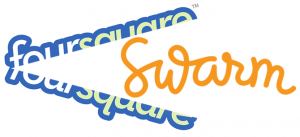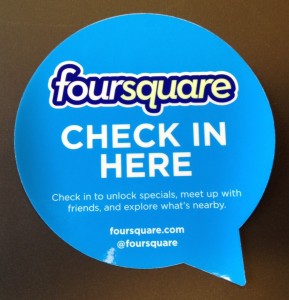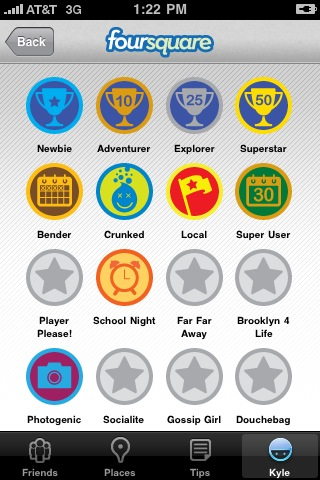Foursquare Rebrands and Potentially Loses Its Charm
In Social Bookmarking, Social Media, Social Networking, Web 2.0 | No comment
In fact, Foursquare is hardly a social networking app in the way that it used to be anymore. It has nothing to do with sharing your location with friends (this function has been taken over by Swarm). Instead, its focus is to recommend restaurants, bars, and other venues to its users based on the user’s tastes, which are entered when the new Foursquare is booted up for the first time. Rather than its original purpose, Foursquare now operates the way that Yelp does.
In fact, it’d be a pretty great Yelp competitor if it had launched at the same time as Yelp. The new interface is smooth and the way it recommends places is more efficient. However, the problem is that Yelp has been around for the better part of a decade and has had the time to establish itself as the go-to business review and recommendation website. It’s going to be very tough for a new competitor to edge their way in, even with a familiar name like Foursquare. On the other hand, there’s still a larger market for a potential Yelp competitor than there is for what Foursquare originally did.
There have been very mixed opinions in the media regarding the changes to Foursquare. The small but loyal user base of the original Foursquare is angry that the gamification that originally made Foursquare popular has been entirely removed. The Mayorships and point systems have been eliminated and many argued that these features were what made Foursquare fun to use in the first place.
Even Swarm, which has taken over the check-in aspect of Foursquare and was just released on Windows Phone, does not feel like a game that could be played among friends like the original Foursquare did. However, some sources believe that Foursquare as a recommendations device is objectively better than Yelp, which means that the former social networking app may still have some room to grow.






 I’ve been talking about Foursquare a few times this year, and how both companies and consumers are
I’ve been talking about Foursquare a few times this year, and how both companies and consumers are  AJ Bombers, is a popular burger place in Milwaukee owned by Joe Sorge. On Sunday, Sorge’s sales were up 110% thanks to the
AJ Bombers, is a popular burger place in Milwaukee owned by Joe Sorge. On Sunday, Sorge’s sales were up 110% thanks to the